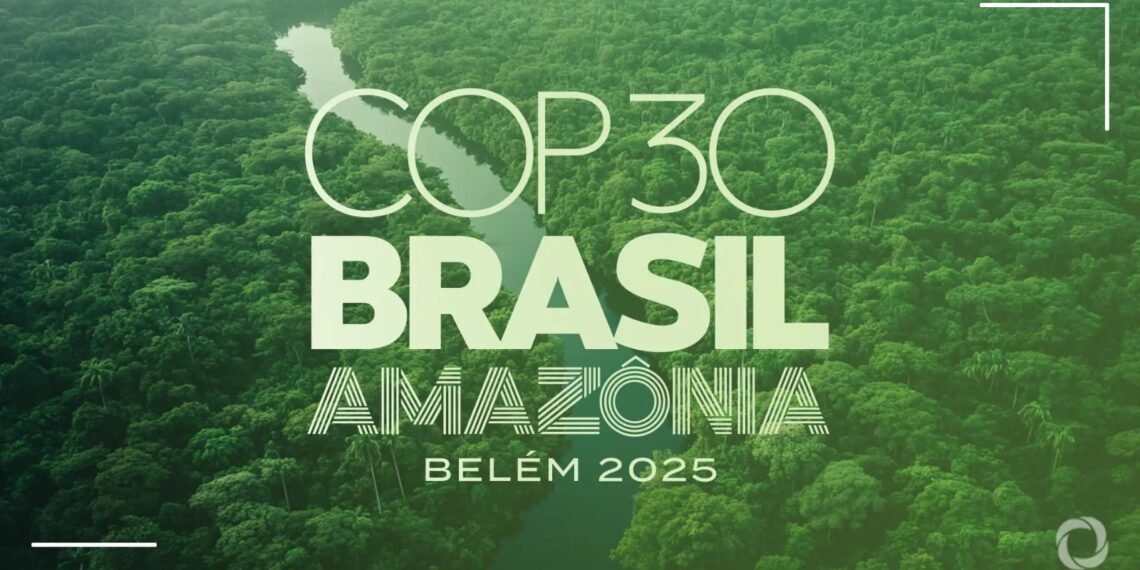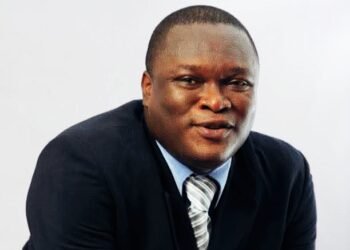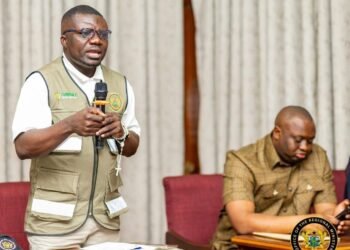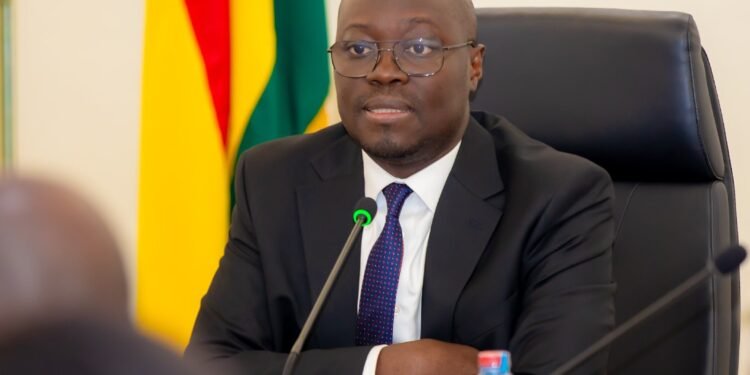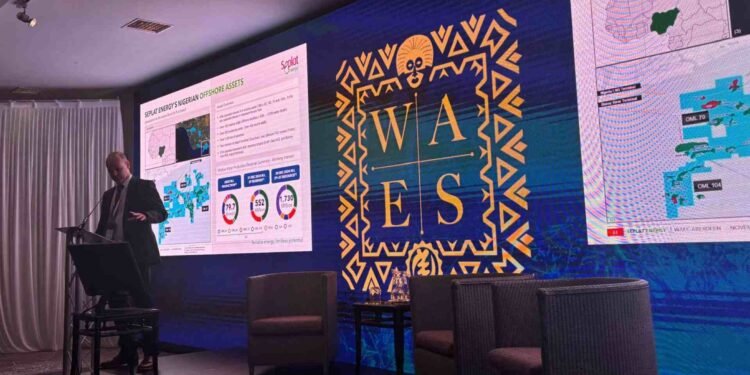Ghana’s Technical Director at the Office of the Minister of State for Climate Change and Sustainability, Cedric Dzelu, has outlined what he describes as the likely shape of the final outcomes from the ongoing COP30 climate summit in Belém, Brazil.
Mr. Dzelu offered a detailed assessment of the evolving negotiations, noting that this year’s conference is already revealing the building blocks of a landmark political agreement being dubbed the “Belém Package.”
As week-one consultations close out, he said the talks driven by the Brazilian Presidency’s Mutirão-style dialogues have exposed emerging alliances, entrenched disagreements, and the contours of the decisions expected to define the summit’s legacy.
According to Dzelu, COP30 is moving steadily toward a comprehensive political outcome designed to knit together multiple strands of the negotiations.
“The negotiations are revealing the contours of what may become known as the ‘Belém Package’, a complex set of interlinked decisions aimed at advancing global climate ambition, strengthening climate finance, and operationalizing adaptation and resilience frameworks.”
Cedric Dzelu Technical Director Office of the Minister of State for Climate Change and Sustainability of Ghana
He noted that the Brazilian Presidency hopes to anchor a Mutirão decision that synthesizes political commitments while weaving in decisions on national climate plans, climate finance and adaptation.
With the Presidency pushing to conclude technical negotiations early, Mr. Dzelu believes the final days of COP30 will be dominated by political bargaining. He expects the result to be “a broad, narrative-driven political decision emphasizing ambition, resilience, justice, and implementation.”
Divisions Over Closing the 1.5°C Gap
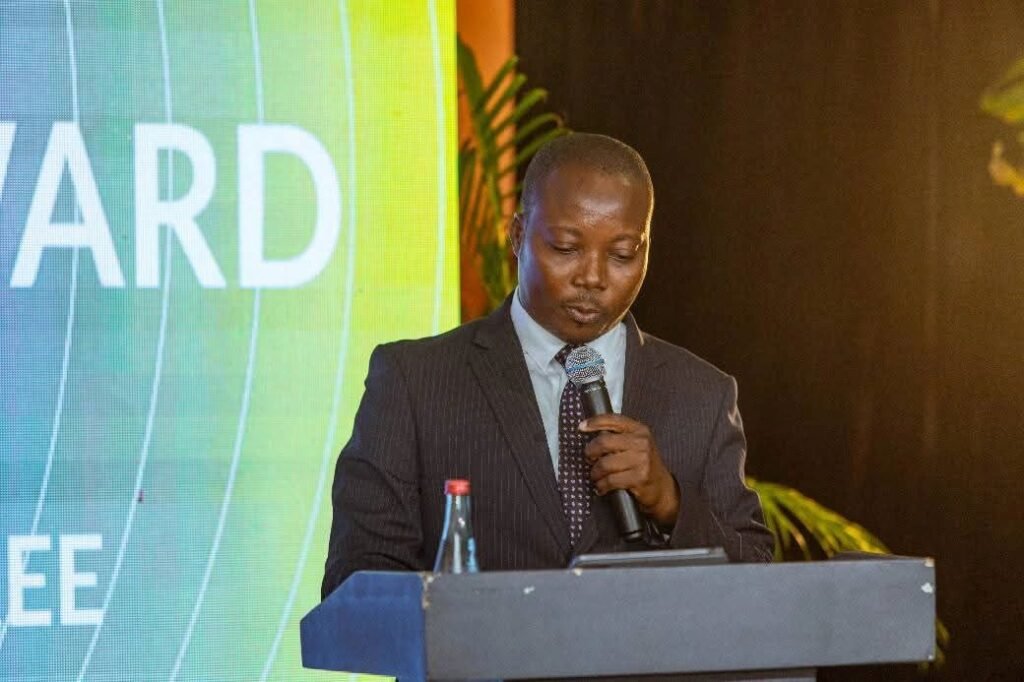
One of the most sensitive issues at COP30 is the question of global ambition and the gap between current national commitments and the 1.5°C threshold.
Mr. Dzelu said many countries are pushing for a strong political response referencing Mission 1.5, while others particularly the LMDC and Arab Group oppose any language suggesting collective pressure to increase ambition.
He anticipates a carefully balanced compromise: soft language acknowledging the ambition gap and a political encouragement for countries to align their future national climate plans with the 1.5°C pathway.
However, he stressed that COP30 is unlikely to mandate new climate submissions or deliver the type of breakthrough that some activists are expecting.
Adaptation is shaping up to be one of the most important outcomes of COP30, and Mr. Dzelu highlighted the urgency that Parties have brought to the Global Goal on Adaptation.
Although there are still disagreements over indicators and the consistency of frameworks, he expects an agreement on a political vision for adaptation indicators, along with a roadmap that will guide negotiations through to 2028.
On National Adaptation Plans, he indicated that Parties are coalescing around stronger monitoring and evaluation systems, clearer links to the GGA and deeper mainstreaming of adaptation across governance structures.
Mr. Dzelu believes COP30 will deliver “strengthened NAP guidance anchored in GGA language and enhanced MEL,” even as debates continue over private finance and governance levels.
Although there are still disagreements over indicators and the consistency of frameworks, he expects an agreement on a political vision for adaptation indicators, along with a roadmap that will guide negotiations through to 2028.
On National Adaptation Plans, he indicated that Parties are coalescing around stronger monitoring and evaluation systems, clearer links to the GGA and deeper mainstreaming of adaptation across governance structures.
Mr. Dzelu believes COP30 will deliver “strengthened NAP guidance anchored in GGA language and enhanced MEL,” even as debates continue over private finance and governance levels.
Finance Remains Most Contentious Arena

Mr. Dzelu described climate finance negotiations as “the most contested space” at the summit.
Discussions on Article 2.1(c), which deals with aligning financial flows with low-carbon development, remain fraught as developing nations demand safeguards to ensure alignment does not replace traditional commitments under Article 9.
He predicts a procedural outcome that keeps discussions alive without introducing new architecture.
On Article 9.5, the ex-ante finance transparency mechanism, he noted that while Parties generally support streamlining the text, divisions remain over whether to update the Annex. This may result in a two-option text and possibly a deferral of final decisions to future sessions.
Adaptation finance especially calls to triple adaptation funding has attracted widespread political support, but disagreement persists on where such a pledge should be formally anchored.
Mr. Dzelu believes the Presidency could include it in the Belém political decision, delivering “a symbolic win but limited technical detail.”
The Just Transition Work Programme has become one of the most ideologically charged negotiations at COP30.
Developing countries are insisting on strong language around equity, common but differentiated responsibilities, and means of implementation, while developed countries seek to anchor transitions firmly to the 1.5°C target with less emphasis on CBDR.
Mr. Dzelu anticipates a carefully balanced outcome that acknowledges equity principles and refers to the 1.5°C threshold without imposing prescriptive obligations.
He added that the creation of a new transition mechanism is unlikely, though existing institutions may be strengthened.
Slow, Cautious Progress on Loss and Damage

On Loss and Damage, Parties remain cautious. Mr. Dzelu explained that the debates over the Fund for Responding to Loss and Damage continue to revolve around obligations, links to the new finance goal and operational guidance, with the Arab Group pushing back strongly.
He expects “a revised guidance text modest but functional with limited political confrontation.”
Similarly, the review of the Warsaw International Mechanism remains contentious on human rights, national plans and support arrangements.
The most likely result, he said, is a compromise that acknowledges existing gaps while mandating further technical work.
Mr. Dzelu noted that mitigation-related negotiations including the Mitigation Work Programme and Article 6 carbon market mechanisms are progressing slowly.
He said that debates over the creation of a new digital platform under the MWP are likely to end in a compromise that enhances knowledge-sharing through existing systems.
On Global Stocktake implementation, he said negotiations remain divided over the role of the IPCC and the scope of dialogues. He expects procedural results without major new obligations.
He described COP30 as “a bridge COP, one that stabilizes negotiations, anchors adaptation and just transition as political priorities, and sets the stage for more decisive action as countries prepare their next round of NDCs by 2025–2026.”
Summing up, Dzelu said COP30 is likely to deliver “a strong political Belém Package framing ambition, adaptation, finance, and just transitions,” while making incremental but important progress in areas such as adaptation frameworks and ex-ante finance transparency.
However, major breakthroughs on finance, mitigation and loss and damage remain unlikely.
READ ALSO: Dr. Baffour Called for Sustained Economic Stability to Redeem the ‘Familiar Budget Trend’

